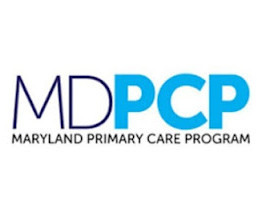Maryland's Primary Care Program: incremental progress or breakthrough?
The Health Policy Exchange
SEPTEMBER 2, 2020
Our residency, formerly a collaboration with Providence Hospital, is now known as the Medstar Health/Georgetown-Washington Hospital Center Family Medicine Residency Program. According to MedChi , the average practice received $176,000 in care management fees in 2019. I stepped down as director of the Robert L. Phillips, Jr.













Let's personalize your content